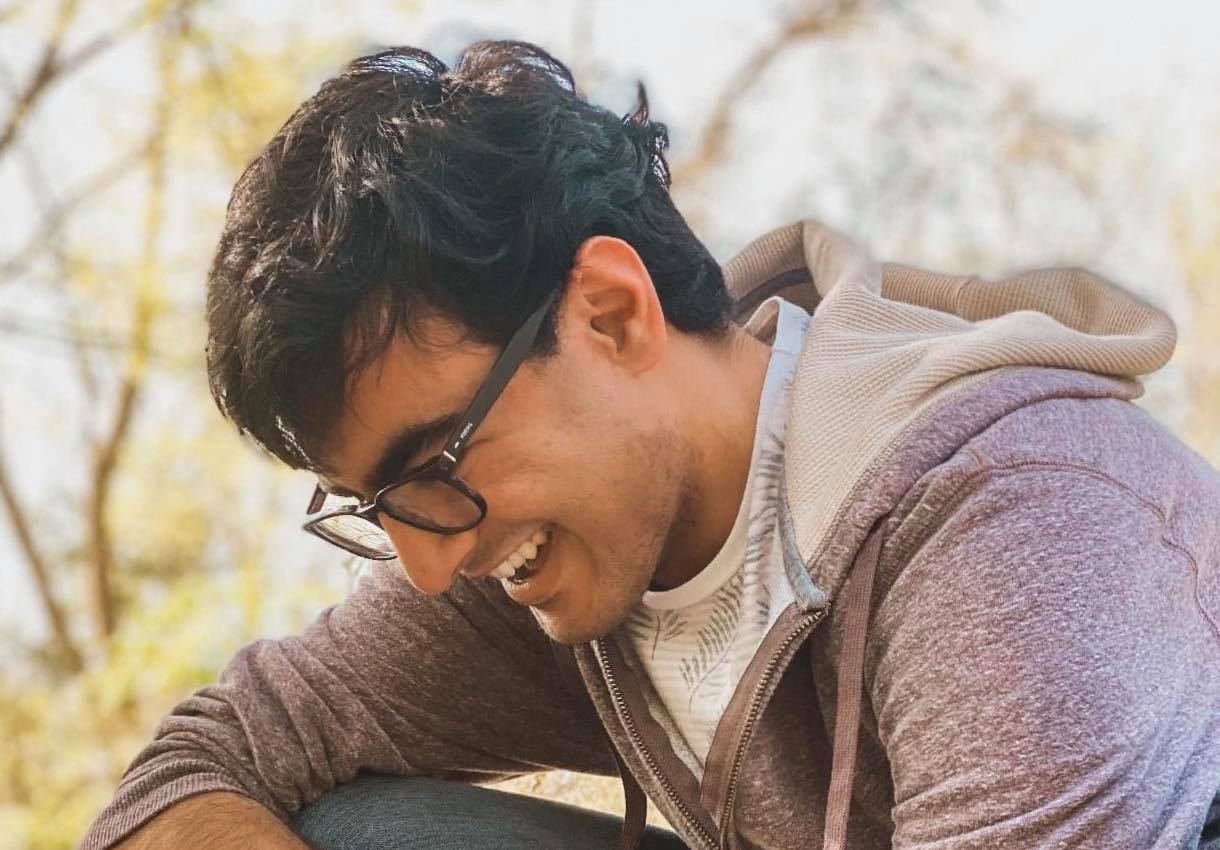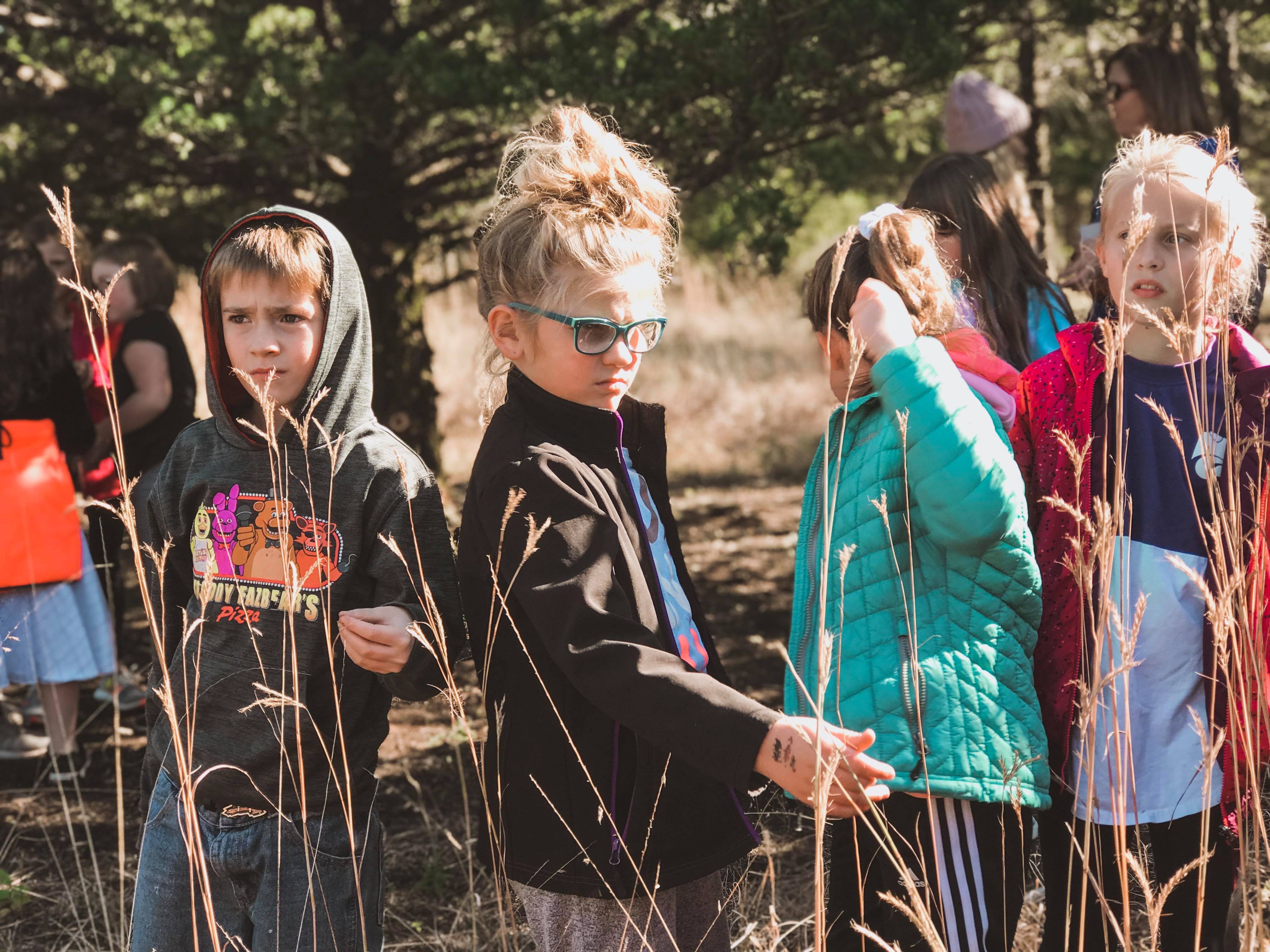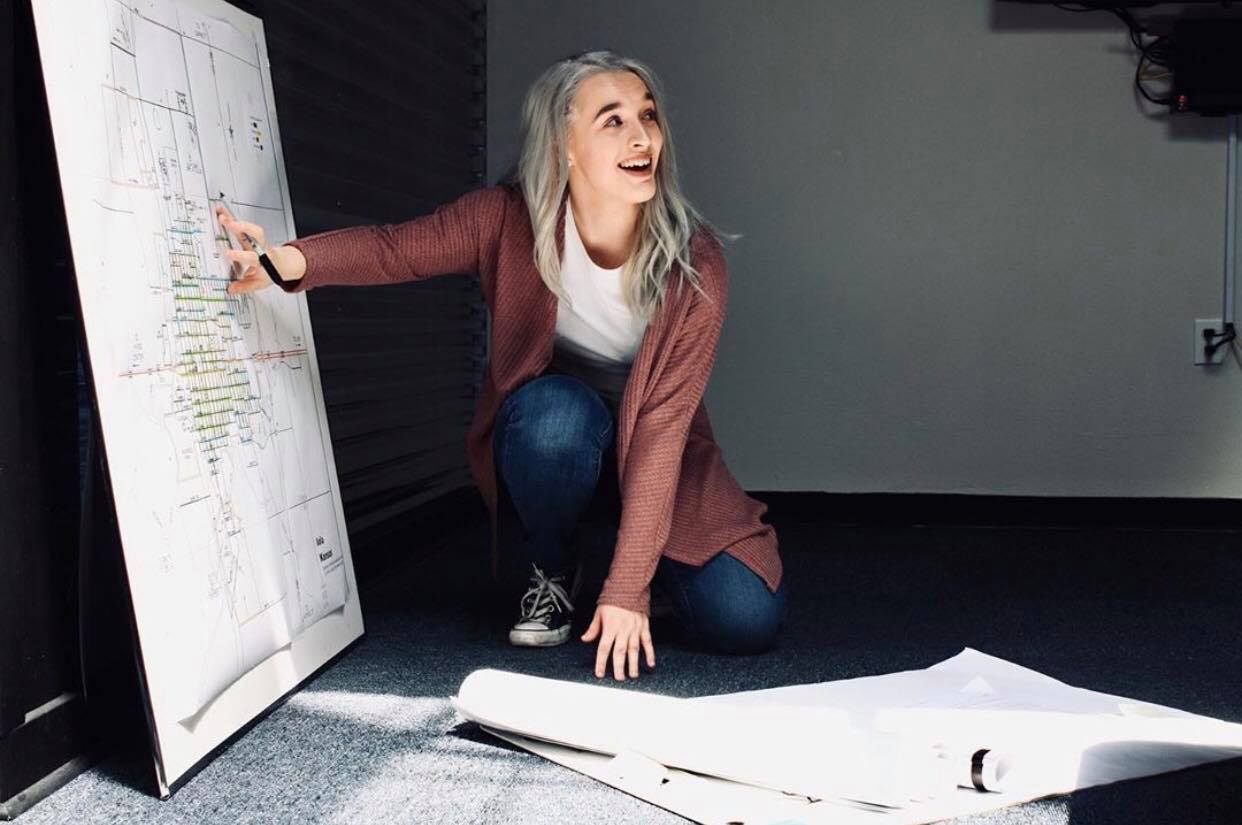Dear Reader,
The saying goes, “don’t judge a book by its cover.” Throughout my time moving to and living in rural Kansas that’s not only what I found myself doing, but what others were doing to me. I was eleven years old when I moved to Southeast Kansas and now, at the age of nineteen, I can fully say this corner of Kansas holds a special place in my heart.
I was born in Overland Park, Kansas and spent kindergarten through fifth grade in Wellsville schools. The Kansas City area and suburbs were the only home I knew at this point. However, we all eventually leave our childhood homes. After years of elementary school bullying, my parents decided moving would be a fresh start for our family; for me especially. While the question of “where?” was up for debate weeks leading up to school, my parents eventually found a place for us to call home.
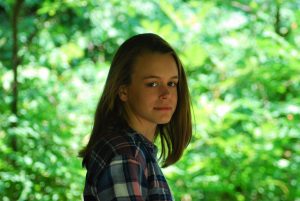
During a visit with my grandfather, my dad and him began talking about life, the move included. According to my dad, my grandpa’s words were, “Brian, why don’t you just come home?” Home for my father was Neodesha, Kansas, a place I’d only visited a dozen times. Neodesha would soon become my home too.
Fast forward a few weeks into my sixth grade year, and I was suffering from culture shock. I was hours away from a mall in every direction, we lived with my grandfather in his farm house temporarily, we didn’t have high-speed internet, we rarely had phone service, and the pop radio played out-of-date music.
I felt trapped.
The kids at school seemed weird to me. They all had accents. They wore boots. They wore camo and the girls dressed like a chevron Pinterest classroom. They would discuss hunting, guns and mudding. I didn’t understand what was going on. I tried to find kids like me, but there were none.
At this point, I refused to call Neodesha my home. I would proudly state, “Wellsville will always be my home.” I was stubborn and wouldn’t accept my new surroundings.
To say making friends was difficult is an understatement; it took me years to find a friendship that would stick for more than a few months. People would call me a city girl, a basic white girl, a city slicker, and everything in between. I didn’t fit in. This didn’t help cure my culture shock by any stretch. My time in middle school was filled with depression, mental health issues, and isolation, despite my family moving out of my grandfather’s and settling in town.
During my freshman year of high school, I was still shuffling through friends who aligned with my views. Now, there were more people to judge me. The older students would tease me constantly about little things like the way I dressed, spoke, even what car I drove when it was time for me to start driving. Everyone was now judging me by my cover, and I found myself hatefully judging not only others around me, but myself too.
Then, I finally made a friend. To say this friendship was unusual is an understatement. The only thing we had in common was intelligence and a passion for learning. We had hardly anything in common. We simply enjoyed learning from each other. She was in FFA and was raised on a farm. Her political and religious views differ from mine. We are still polar opposites in every way possible. Even today she attends Kansas State and I attend the University of Kansas. This unexpected friendship is one that I plan to carry with me through life; we are simply too different to get rid of each other.
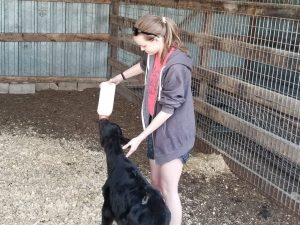 Through this relationship, I began learning about the importance of agriculture and how much it affects people’s lives; even if you think it doesn’t affect you, it does. I learned about the importance of shopping local and supporting small businesses. While I at first refused to shop at G&W and insisted on driving 20 minutes to the nearest Walmart, over time I learned the Neodesha G&W like the back of my hand.
Through this relationship, I began learning about the importance of agriculture and how much it affects people’s lives; even if you think it doesn’t affect you, it does. I learned about the importance of shopping local and supporting small businesses. While I at first refused to shop at G&W and insisted on driving 20 minutes to the nearest Walmart, over time I learned the Neodesha G&W like the back of my hand.
It was then when I started to learn just because someone’s different than you, it doesn’t mean you should judge them by their cover. Once I broke down the door of being an angsty teenager and disliking small-town life, I was truly able to discover myself and how I could impact my community.
The more active I became in school through organizations, sporting events, and dual credit classes, which is how I graduated with a high school diploma and an Associates degree, I began to realize how I impacted not only my rural high school, but my entire community. What started as a way to kickstart my education to leave rural life, became something bigger than me. The faculty, staff, students, and community members saw what I had accomplished and how I paved the way for future students. I, in some way, provided the community a sense of hope for the future when they needed it most.
Sometime within the hustle and bustle of high school, I realized that Neodesha was my home.
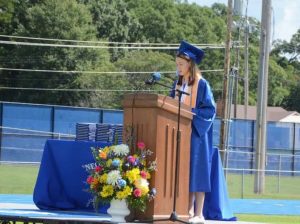
Today, when I’m not in Lawrence for school, I live in Allen County. There are still accents. I still think kids dress weird. There are still farm and FFA kids. I still think the place I lived previously will always be considered my home. However, this time there was no culture shock. I’m not judging Allen County, or its residents, by their covers. While Southeast Kansas and I didn’t start with a stable relationship, moving here taught me how to adapt, pivot, and cope with any situation life may throw my way. Now, I’m comfortable in places as big as New York City and towns as small as Buffalo, Kansas.
Today, when people ask where “home” is, it’s “Southeast Kansas.” This rural region of Kansas has my heart.
Yours Rurally,
Emily Counsil
Communications Intern

